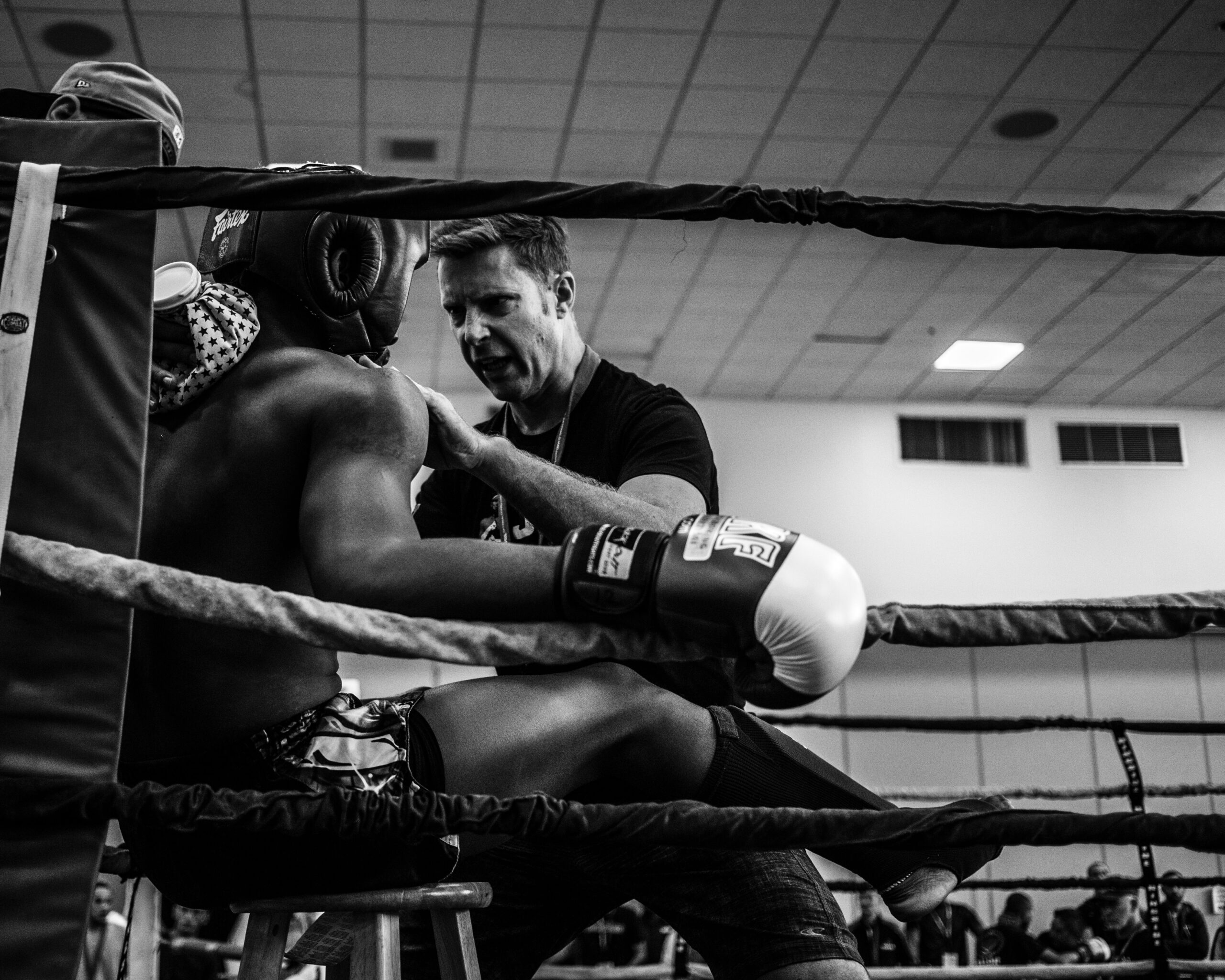I’m running way too fast. Not just because of all the injuries that I’ve dealt with over the last six months, but because in reality the race I have coming up does not require me to run fast. You’re probably wondering what kind of race I’m talking about. It’s the kind of race that puts longevity over speed. The kind of race where you will need to be constantly aware of your changing environment. I don’t mean the course, which is a 4.16667-mile loop that doesn’t change. What I mean is the constant physical, mental, and emotional environment within yourself.
This is no small task. Every time I finish a loop I get a little bit more tired. Every time I finish a loop I see that I have fewer minutes to spare–I finish my first loop with seven minutes to spare, but by my fourth loop I only have five minutes to spare. These changes in my environment gets me a little bit anxious, which, in turn, makes me run a little bit faster. I stop listening to what my body is telling me. My emotions take over the show. My mental game goes to the wayside… Pretty soon I’m exhausted on a 4 mile loop.
We all do this when we should slow down or rest because things are hard…we go faster. Our nervousness can create embarrassment and shame. How dare I be tired. What does it say about me? Well, I’ll let you in on a little secret: anxiety, fatigue, and uncertainty are not signs of weakness. They’re actually the signs of the opposite. They signal that you’re trying, that you’re making such an effort that you are pushing yourself to discomfort. The question isn’t whether or not you push through it. Oh, believe me, I know it’s possible, but that kind of energy has a short lifespan, and a lot of judgment attached to it.
Here are some suggestions on how to play the long game, stay in the physical, mental and emotional ring, and find your wins through consistently getting yourself up instead of running yourself into the ground:
Number one: admit that you have fallen. If you don’t think that you’re down on the canvas, then there’s no chance for you to get up. You’re going to be struggling, saying for yourself (and others), “I am absolutely fine, nothing’s wrong”, and spinning your wheels, even though you’re dead in the dirt. You have to acknowledge that you are either overwhelmed, or well on your way to it. This is the first step because it gives you a chance to acknowledge that you can ask for and get help from yourself to recover.
Number two: take the eight-count. In boxing this means don’t rush to get up off the canvas get some rest while you are waiting to get back up and into the fight. In other areas, when you have admitted to yourself that you’ve ‘fallen’, don’t just jump back into your chosen activity trying to power through and pretend that everything is ok. Give yourself time to rest. This isn’t ‘quitting’ on yourself. It is taking the time to acknowledge that you need to give yourself time to take a break, so you can go back to your activity with the energy and strength you need.
Number three: listen to your cornerman. Again, with this boxing reference, it’s the guy who’s gonna tell you what you’re doing right and what the hell is going wrong. He gives you valuable information and encouragement to get up and keep fighting. Now, in most cases, you are your own corner man. Though many of my clients see me for just such a reason. I help them develop the tools to become their own corner man. Why is it important to become your own corner man? Because, when you are able to do this for yourself, you’re able to get ideas for self-correction on how to improve, how to be more consistent, and how to keep from running out of energy when you get back into the ring.
My four minutes are up and it’s time for me to get back up and finish the final loop of my training for today. Taking those four minutes to not just refuel, but also as ‘corner time’ has helped me remember what my plan was for pacing my loops. With that reminder to myself, I know that, even though I’m tired from the preceding loops I did, my internal environment is refreshed and I’ll be more successful at implementing my strategy this time!
If you would like to learn tools and skills to help you improve your emotional aptitude, reduce your emotional isolation, lessen your avoidance of shame, fear, and anxiety, and enable yourself to reach your goals, break old habits, or create new ones, I can help. I provide emotional resilience coaching, so you can achieve your goals. We can meet either virtually or in person at my office in Waterbury, Vermont. Just click the button or the link below for a free consultation and let’s talk.
Click to Select a Date & Time for your free consultation.




